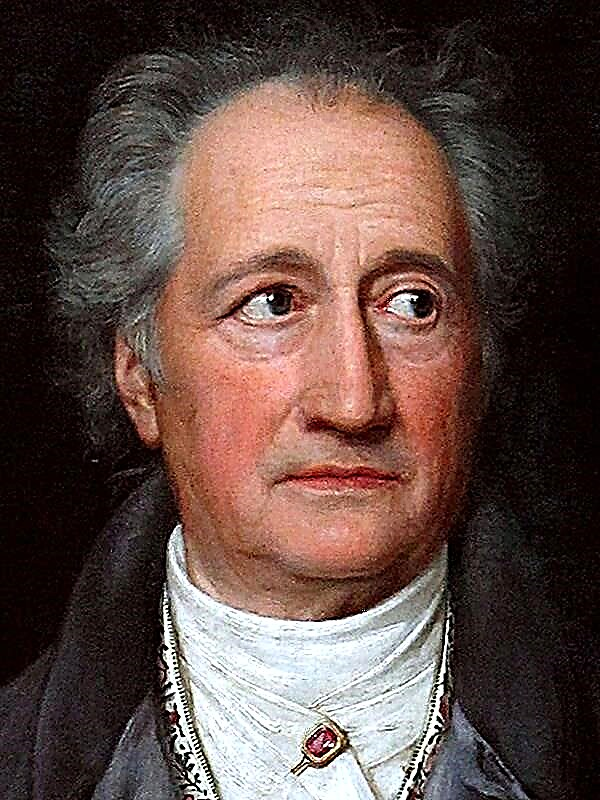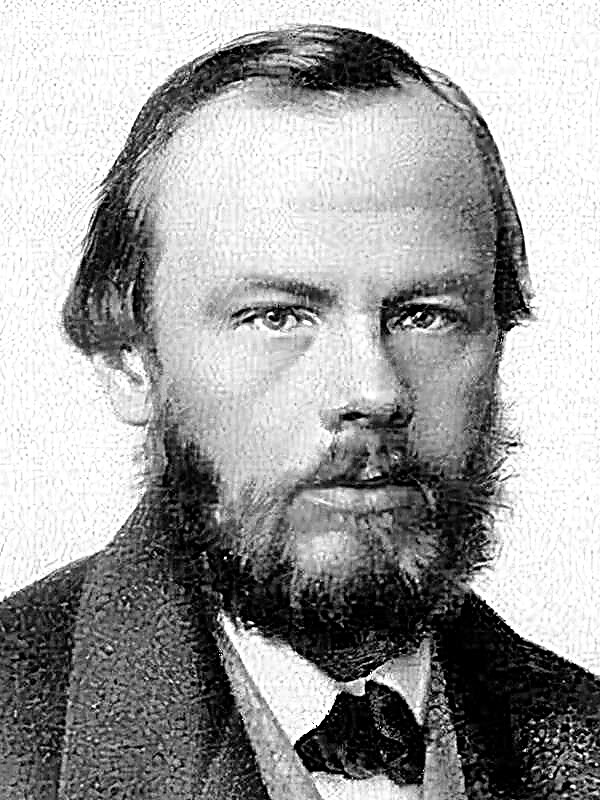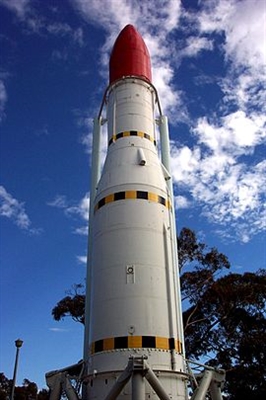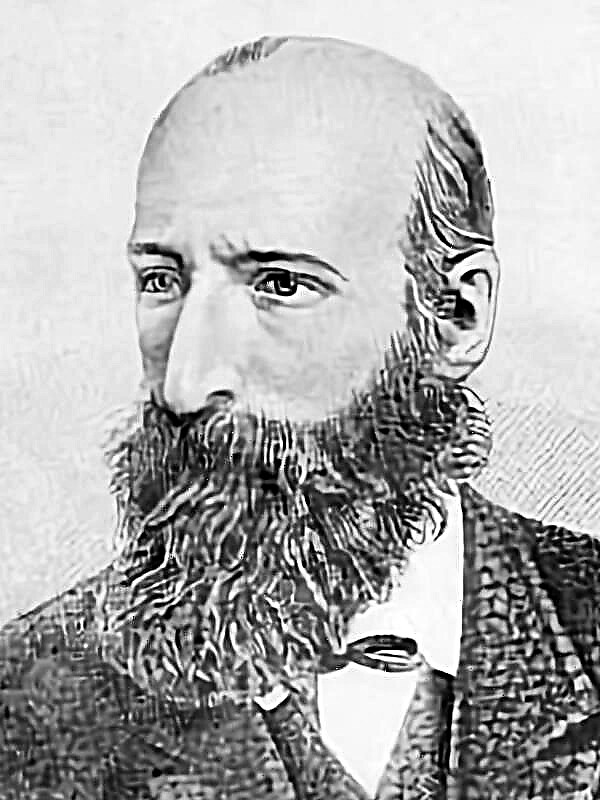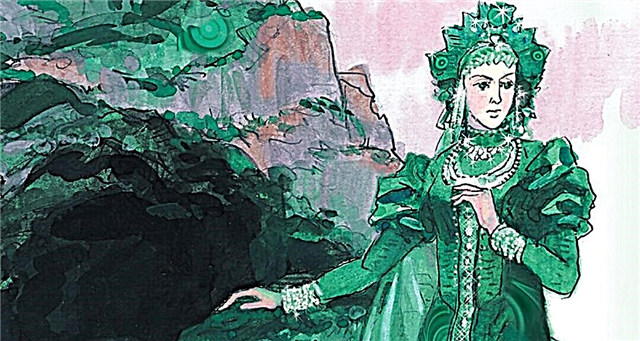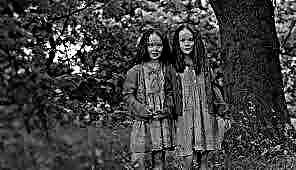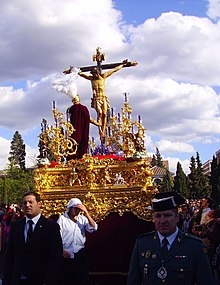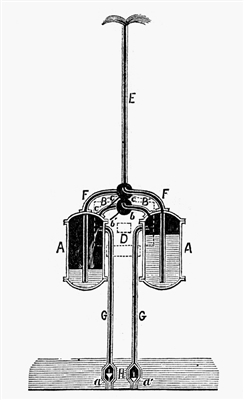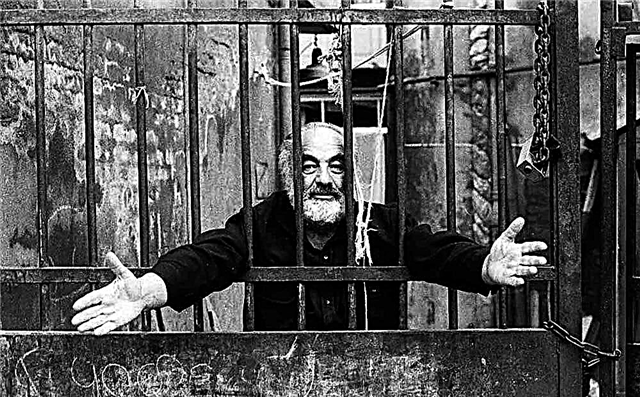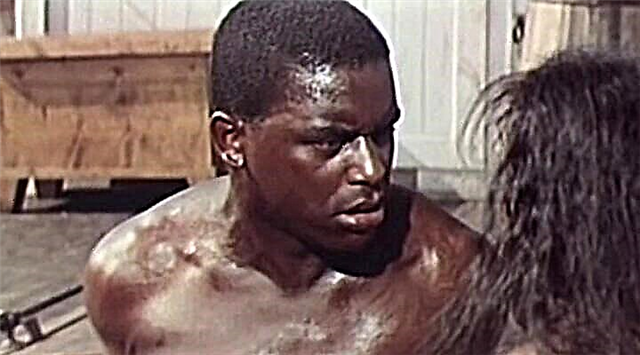In the preface, the author informs the reader that these notes belong to the pen of his friend Maksudov, who committed suicide and bequeathed to him to straighten it, sign it with his own name and publish it. The author warns that the suicide had nothing to do with the theater, so these notes are the result of his sick imagination. The narration is conducted on behalf of Maksudov.
Sergei Leontyevich Maksudov, an employee of the Vestnik of Shipping company newspaper, having seen in a dream his hometown, snow, civil war, begins to write a novel about it. When finished, he reads it to his friends, who claim that he will not be able to publish this novel. Having sent excerpts from the novel to two thick magazines, Maksudov receives them back with the resolution “does not fit”. After making sure that the novel is bad, Maksudov decides that his life has come to an end. Having picked up a revolver from a friend, Maksudov prepares to commit suicide, but suddenly there is a knock on the door, and Rudolfi, editor-publisher of the only Moscow private journal Rodina, appears in the room. Rudolfi reads the novel by Maksudov and offers to publish it.
Maksudov quietly returns the stolen revolver, leaves the service in the “Shipping Company” and plunges into another world: visiting Rudolfi, meets with writers and publishers. Finally, the novel is printed, and Maksudov receives several copyright copies of the magazine. That same night, Maksudov’s flu begins, and when, after ten days of illness, he goes to Rudolfi, it turns out that Rudolfi left for America a week ago, and the entire circulation of the magazine disappeared.
Maksudov returns to the Shipping Company and decides to compose a new novel, but does not understand what this novel will be about. And again, one night, he sees in a dream the same people, the same distant city, snow, the side of the piano. Pulling out a novel book from the drawer, Maksudov, looking closely, sees a magic camera growing from a white page, and a piano sounds in the camera, the people described in the novel move. Maksudov decides to write what he sees, and, having started, realizes that he is writing a play.
Suddenly, Maksudov received an invitation from Ilchin, director of the Independent Theater - one of the outstanding Moscow theaters. Ilchin informs Maksudov that he has read his novel, and offers Maksudov to write a play. Maksudov admits that he already writes the play, and concludes an agreement for its production by the Independent Theater, and in the agreement, each paragraph begins with the words "the author has no right" or "the author undertakes." Maksudov meets actor Bombardov, who shows him a portrait gallery of the theater with portraits of Sarah Bernhardt, Moliere, Shakespeare, Nero, Griboedov, Goldoni and others hanging in it, alternating portraits of actors and theater staff.
A few days later, heading to the theater, Maksudov sees a poster at the door on which, after the names of Aeschylus, Sophocles, Lope de Vega, Schiller and Ostrovsky, stands: Maksudov “Black Snow”.
Bombardov explains to Maksudov that the Independent Theater is headed by two directors: Ivan Vasilievich, who lives on the Sivtsev Vrazhek, and Aristarkh Platonovich, who is now traveling in India. Each of them has its own office and its own secretary. The directors have not talked with each other since 1885, delimiting the areas of activity, but this does not interfere with the work of the theater. The secretary of Aristarch Platonovich Poliksen Toropetskaya dictated by Maksudov reprints his play. Maksudov with amazement examines the photographs hanging on the walls of the office, in which Aristarkh Platonovich is captured in the company of either Turgenev, Pisemsky, Tolstoy, or Gogol. During breaks in the dictation, Maksudov walks around the theater building, going into the room where the scenery is stored, in the tea buffet, in the office where Filipp Filippovich, the head of the internal order, sits. Maksudov is amazed at the insight of Philip Filippovich, who has perfect knowledge of people, who understands whom and what ticket to give, and who not to give at all, that resolves all misunderstandings instantly.
Ivan Vasilyevich invites Maksudov to Sivtsev Vrazhek to read the play, Bombardov gives Maksudov instructions on how to behave, what to say, and most importantly, not to object to the statements of Ivan Vasilyevich regarding the play. Maksudov reads the play to Ivan Vasilyevich, and he offers to thoroughly redo it: the hero’s sister must be turned into his mother, the hero should not be shot, but stabbed with a dagger, etc., while Maksudov calls it either Sergei Pafnutevich or Leonty Sergeyevich. Maksudov is trying to object, causing a clear displeasure of Ivan Vasilyevich.
Bombardov explains to Maksudov how to behave with Ivan Vasilyevich: not to argue, but to answer everything “very grateful to you”, because no one ever objects to Ivan Vasilyevich no matter what he says. Maksudov is confused, he believes that everything is lost. Suddenly he was invited to a meeting of theater elders - the "founders" - to discuss his play. From the reviews of the elders, Maksudov understands that they don’t like the play and they don’t want to play it. The heartbroken Maksudov Bombardov explains that, on the contrary, the founders really liked the play and they would like to play it, but there are no roles for them: the youngest of them is twenty-eight years old, and the oldest hero of the play is sixty-two years old.
For several months, Maksudov lives a monotonous boring life: he goes to the Bulletin of the Shipping Company every day, in the evenings he tries to compose a new play, but writes nothing. Finally, he receives a message that director Thomas Strizh is beginning to rehearse his "Black Snow". Maksudov returns to the theater, feeling that he can no longer live without him, as a morphist without morphine.
Rehearsals of the play, in which Ivan Vasilyevich is present, begin. Maksudov is trying very hard to please him: he gives in a day to iron his suit, buys six new shirts and eight ties. But all in vain: Maksudov feels that every day Ivan Vasilievich likes it less and less. And Maksudov understands that this is because he himself does not like Ivan Vasilyevich at all. At rehearsals, Ivan Vasilyevich offers actors to play various sketches, according to Maksudov, completely meaningless and not directly related to the staging of his play: for example, the whole troupe then takes out invisible wallets from its pockets and recounts invisible money, then it writes an invisible letter, then Ivan Vasilyevich invites the hero to ride a bicycle so that it can be seen that he is in love. Ominous suspicions creep into Maksudov’s soul: the fact is that Ivan Vasilyevich, 55 years of directorial work, invented the widely known and genius, in the general opinion, theory of how to prepare his role, but Maksudov realizes with horror that this theory is not applicable to his play.
At this point, the notes of Sergei Leontyevich Maksudov break off.

